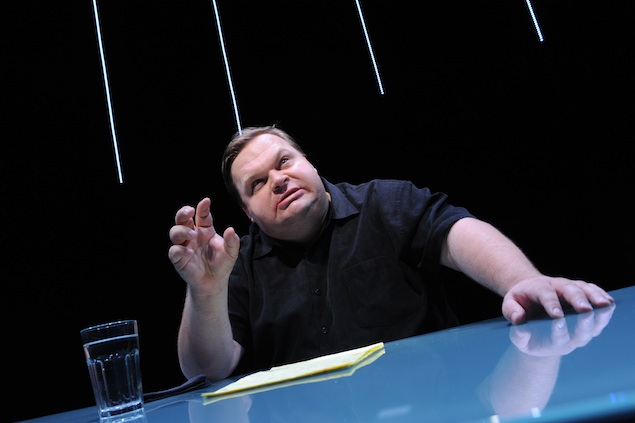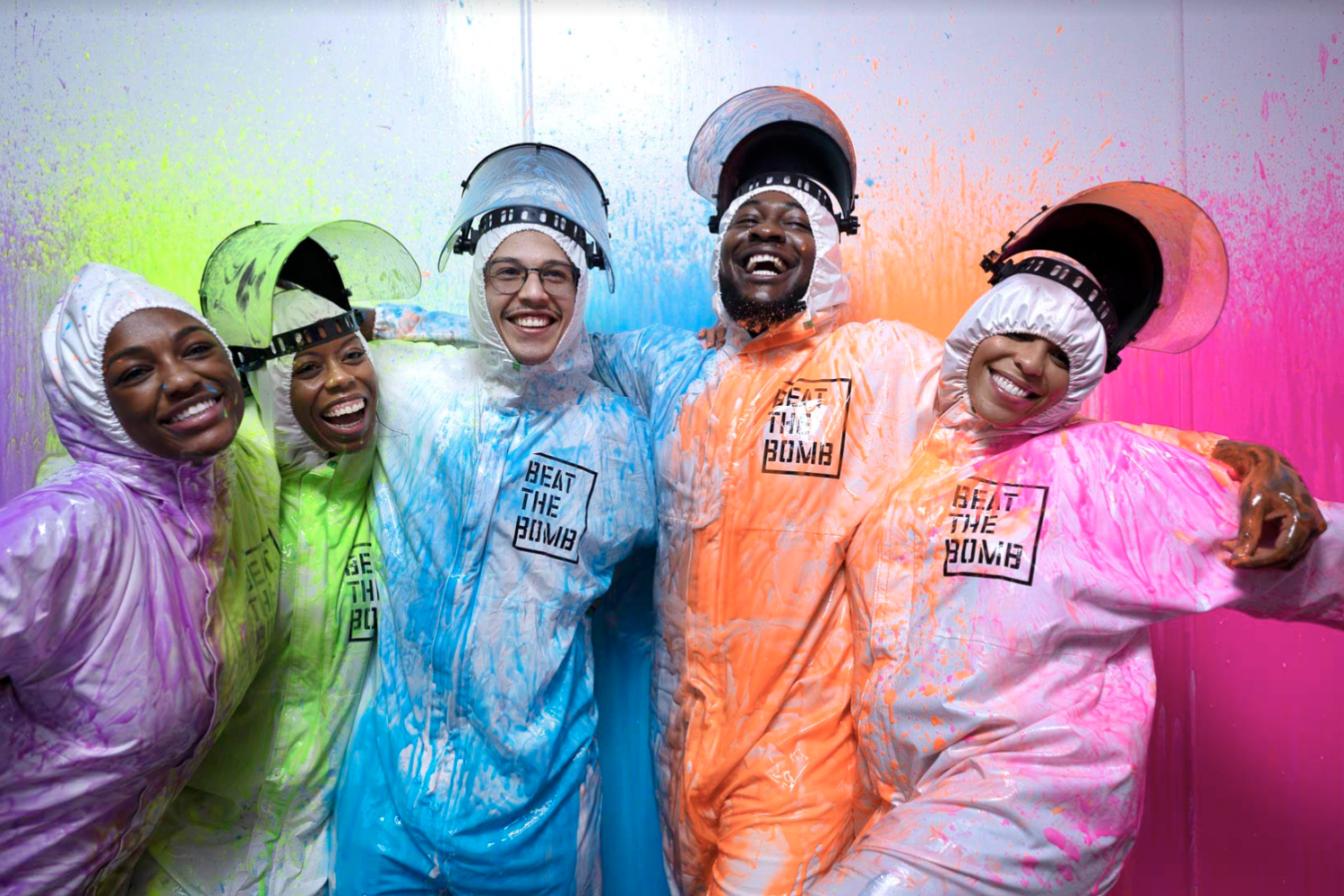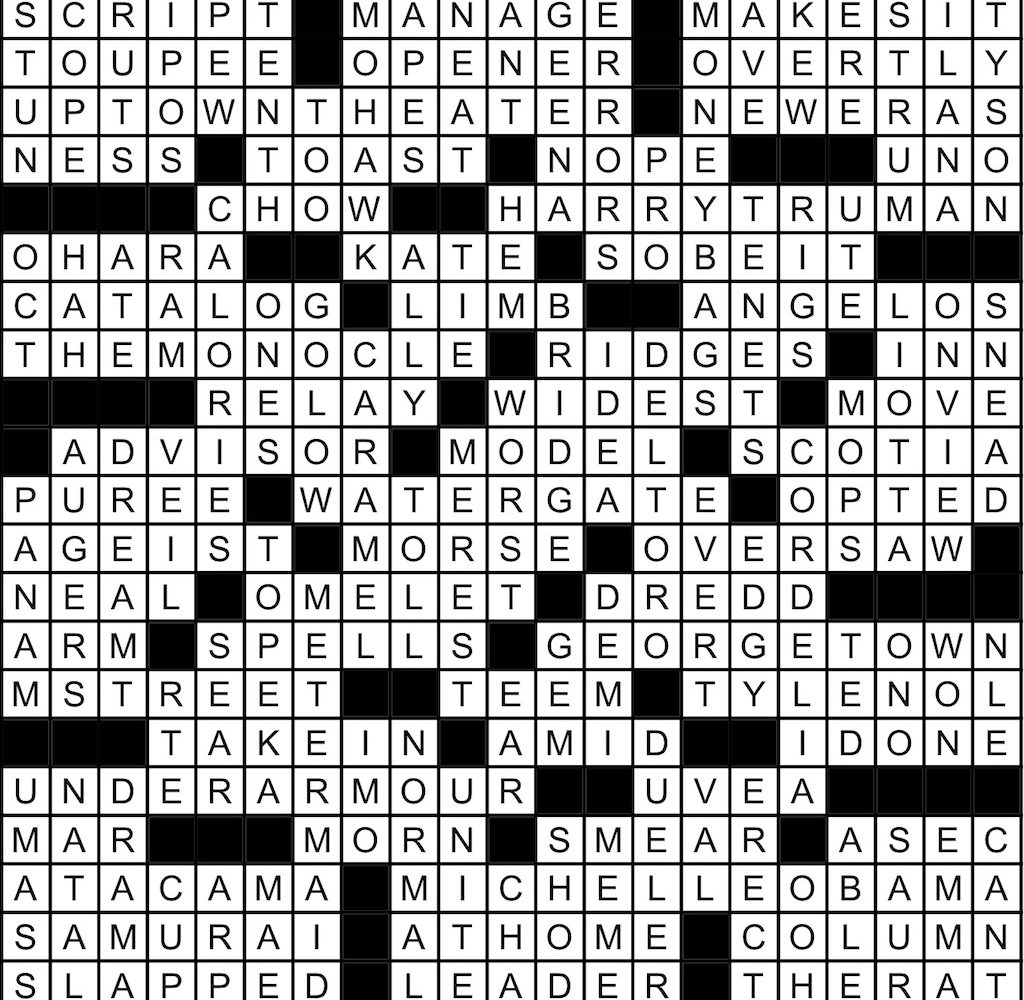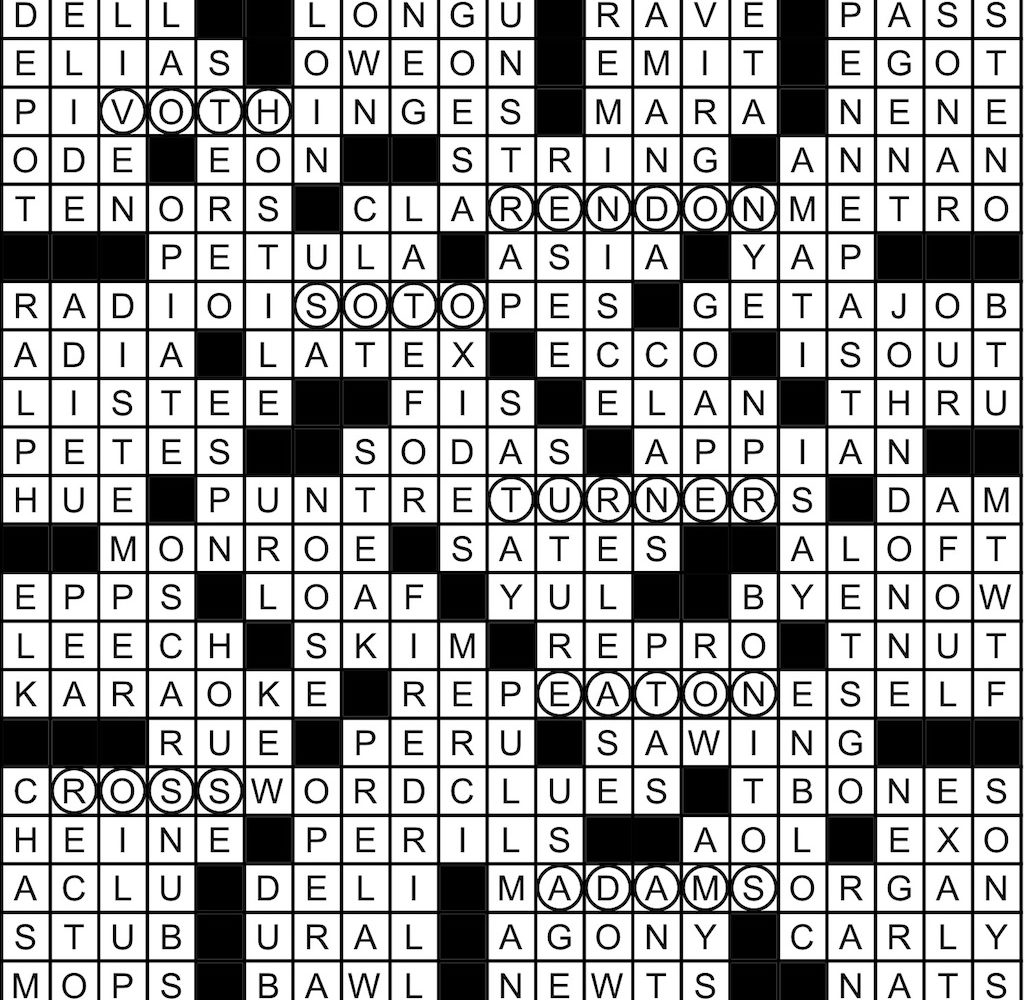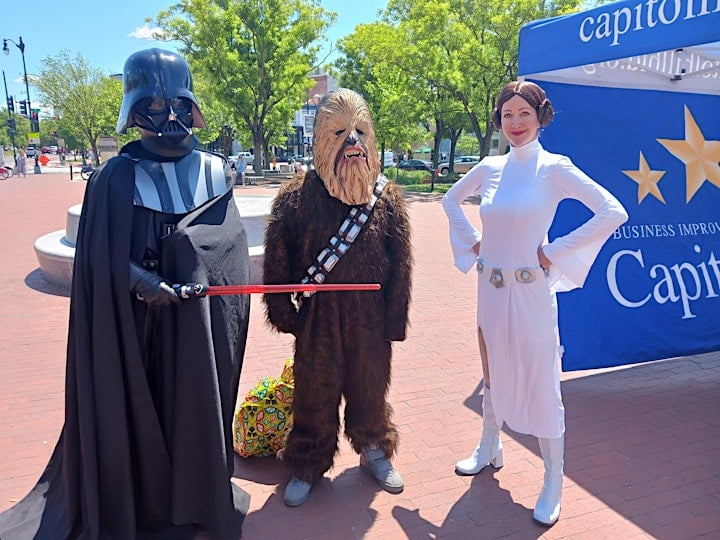It was supposed to be so easy. When Georgetown University’s Kalmanovitz Initiative for Labor and the Working Poor booked Mike Daisey to address students a few months ago, the performer was riding high following the success of his one-man show, The Agony and the Ecstasy of Steve Jobs, an op-ed in the New York Times, and the public radio show This American Life‘s decision to broadcast his monologue about conditions affecting Chinese workers in Apple factories overseas. The podcast became the most-downloaded TAL episode in the show’s history, and Daisey was feted as a groundbreaking voice in both theater and journalism.
Unfortunately, things took a decidedly complicated turn last Friday when This American Life announced that this week’s episode would be a retraction of the Daisey story, since there were holes in his reporting that couldn’t be filled. First, although Daisey had told the TAL team he was unable to contact his translator, Cathy (and that her name was Anna), a reporter for NPR’s Marketplace found her through a simple Google search, and the translator informed him that some of Daisey’s reporting was untrue. TAL host Ira Glass confronted Daisey about his discrepancies, and the interview aired in an excruciating hour-long episode on Saturday, appropriately titled “Retraction.”
Commentators were quick to make parallels to well-known fabricators such as James Frey, Stephen Glass, and Jayson Blair, but Daisey seemed unrepentant. “What I do is not journalism,” he wrote on his blog. “The tools of the theater are not the same as the tools of journalism.” He added a new prologue to The Agony and the Ecstasy of Steve Jobs, which wrapped up its run at the Public Theater on Sunday, March 18, and then wrote a Monday blog post criticizing This American Life for using audio segments from his show without putting them in context.
Many were surprised, therefore, including Daisey himself, that he kept his Georgetown appointment Monday night. “The context of tonight has been radically altered by events of the past few days,” said Kalmanovitz Initiative executive director Joseph McCartin, to laughter from the crowd. “But unexpected occurrences can provide unexpected opportunities.”
Daisey, when he initially addressed the crowd, was cheerful. “This is my first scandal,” he said. “As they say, if you’re gonna go, go big.” He proceeded to describe his state of mind since the TAL affair became news. “I’ve gone through all sorts of feelings in the past 24, 36 hours. I’ve never been so unstable.” People were comparing him to James Frey, he said, and James Frey “is an asshole.” But after launching into an imagined lie-off in which Frey, Glass, Blair, and Daisey all got together and tried to outdo one another with stories about their adventures, he became serious. “I’m an autobiographical monologuist. I don’t take notes, don’t write things down . . . I didn’t think of it as investigating, because I am not an investigator.”
According to Daisey, what happened in this case was that a fixation with Apple products gave him a curiosity about their origins, and when he went to China to explore how they were made, he was struck by a spate of suicides inside FoxConn, a factory used by Apple to produce its phones and computers. Daisey was shocked by how quickly the story, which seemed to him to be horrific, disappeared from the public consciousness. “What the story became about, for me, was watching the story die,” he said.
Emphasizing again how monologues are a unique art, neither written nor documented but simply spoken night after night, Daisey talked about birthing The Agony and the Ecstasy of Steve Jobs at Woolly Mammoth Theater Company in DC, and how he performed it around the country for more than 18 months before it picked up any national traction. “It’s a simple show,” he said. “It just tries very, very hard to make you care about where your shit comes from.” He also talked about how frustrated he was with the lack of media coverage paid to FoxConn, saying, “There’s a Pulitzer waiting for someone at the gates [there].”
Daisey also spoke frankly about certain factual errors in his show, and acknowledged that the media’s desire to make him into a reporter figure edged him towards a role he wasn’t comfortable with. “I felt pulled by journalism,” he said. “Not that I was a journalist, but that I was being pulled into that role.” While giving one of hundreds of interviews he did during the show’s run, he somehow found himself asserting that he’d met victims of hexane poisoning. His partner, Jean-Michele, who he said rarely reads his interviews, read this particular one and asked him if it was true, and he found himself again saying that it was. The artistic director of the theater he was performing at then thought the fact was too good not to include in his monologue, and so he felt obliged to add it. “I’m a giant moron,” he concluded.
When This American Life then expressed interest in his show, Daisey said he felt stuck. “I believed in the show. I believed it was true–I performed it every night. But when we talked about making it bulletproof, I didn’t know where to start.” Of the other fact he’s been accused of making up, about FoxConn employing 13-year-old workers, Daisey was adamant. “I fucking remember [a girl] saying she was 13, and I can’t erase it from my mind. So I’m sticking with it, because it’s all I have now.”
Daisey, who acknowledged at one point that he wanted to apologize to TAL host Glass for putting the story above both of their careers, also seemed to point a finger at Glass, saying Daisey had been asked about the existence of his translator, Cathy, and had said she was a composite of three different people. “And that was the end of that,” he said. Nevertheless, he apologized for putting Glass in what he called “an untenable position.”
Daisey’s talk, which was greeted with both laughter and rapt silence, was followed by a Q&A with Georgetown students, many of whom declared themselves fans of his work and thanked him for raising awareness about the plight of Apple workers. One, however, asked Daisey if he felt there were any apologies missing, particularly to his translator, Cathy, whom he’d effectively silenced. “I don’t know what to say about that,” he replied. He also talked about disappointing many of his fellow activists, saying, “I gave them some great weeks. Now I’m giving them a really shitty week.”
Ultimately, Daisey seemed somewhat chastened, although he defended his methods and his efforts to illuminate the bigger picture above all. “I’m lucky,” he said. “I’m a monologuist. I work in the theater. I don’t have a reputation. It doesn’t matter what’s said about me, as long as it’s said about me and not the work itself.”
Mike Daisey’s show returns to Woolly Mammoth this summer.

